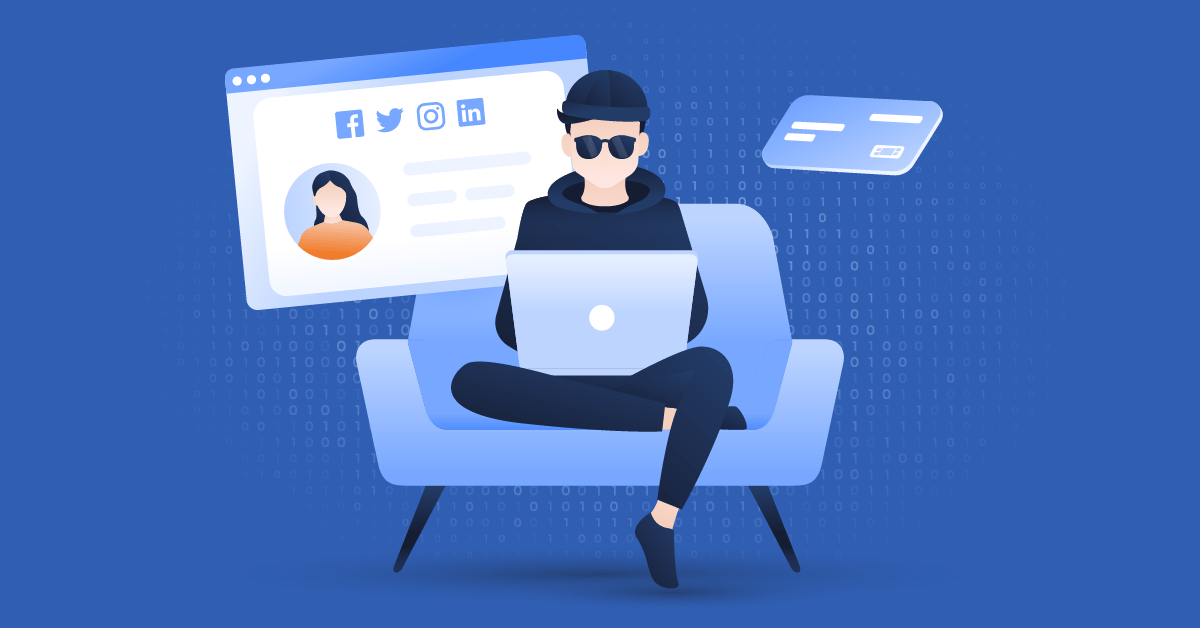In an increasingly digital landscape, securing online transactions is paramount. As I navigate the complexities of the internet, I have taken proactive steps to safeguard my sensitive financial data. One of the most effective measures I employ is a Virtual Private Network (VPN). This article outlines the importance of using a VPN and how I incorporate it into my routine to enhance online security.

Understanding VPN and Its Importance
A VPN creates a secure, encrypted connection between my device and the internet. This encryption masks my IP address, making my online activities virtually untraceable. By routing my traffic through a remote server, a VPN protects my data from cyber threats such as hacking and eavesdropping. When I conduct online transactions, this added layer of security becomes invaluable.
Using a VPN is not just a luxury; it is a necessity. Cybercriminals often target unencrypted connections, especially on public Wi-Fi networks where I might conduct financial transactions without adequate protection. By utilizing a VPN, I effectively mitigate these risks.
Choosing the Right VPN Service
When selecting a VPN, several factors come into play. I prioritize reliability, speed, and strong encryption protocols. Here are some considerations I keep in mind:
-
Privacy Policy: I thoroughly review the privacy policy of the VPN provider. A no-logs policy ensures my online activities remain private.
-
Server Locations: I opt for a provider with a wide range of server locations, which helps me access region-restricted content and allows for better performance.
-
Speed and Performance: A VPN should not significantly slow down my internet connection. I test the service to ensure that it meets my needs, especially for high-bandwidth activities like streaming.
-
Technological Compatibility: The VPN should support all my devices, including smartphones, tablets, and computers. I need seamless connectivity across platforms.
-
Customer Support: A responsive support team can resolve issues quickly. I prefer a provider that offers multiple channels of customer service.
Configuring My VPN for Transactions
Once I have chosen a VPN provider, I configure the settings to optimize security during online transactions. This step is crucial to maximize the benefits of using a VPN. Here’s how I do it:
-
Enable Kill Switch: This feature disconnects my internet if the VPN connection drops, preventing any data leakage. I find it reassuring, knowing that my information is protected.
-
Select UDP or TCP Protocol: Depending on my needs for speed or stability, I choose between User Datagram Protocol (UDP) or Transmission Control Protocol (TCP). For most transactions, I favor a balance between speed and security.
-
Multi-Factor Authentication: I enable multi-factor authentication (MFA) when available. This adds an extra verification step, further safeguarding my transactions.
Importance of Awareness During Online Transactions
While a VPN offers significant protection, I remind myself that maintaining awareness is equally vital. I consistently practice safe online habits, such as avoiding suspicious links and ensuring the websites I visit are secure. Before entering any personal information, I check whether the URL starts with “https,” indicating it uses encryption.
Moreover, I remain cautious about the type of Wi-Fi network I use. Public networks are convenient but often lack proper security measures. When I need to connect to these networks, I ensure that my VPN is active to shield my data.
✅ Current deal: 🔥 Get NordVPN with up to 75% OFF! 🔥
Tips for Enhanced Online Transaction Security
To further bolster my online security during transactions, I follow these additional tips:
-
Use Strong Passwords: I create complex passwords and change them frequently to minimize the risk of unauthorized access.
-
Regularly Update Software: Keeping my operating system and applications up-to-date ensures I benefit from the latest security features.
-
Avoid Automatic Form Fillers: While convenient, these features may expose sensitive information. I enter my data manually when completing transactions.
-
Monitor Financial Accounts: Regularly reviewing bank statements helps me detect any unauthorized transactions promptly. I remain vigilant about my financial health.
-
Be Cautious with Personal Information: I limit the amount of personal information shared online, especially on social media. Cybercriminals can exploit this data for phishing attacks.
-
Utilize Security Software: I invest in reliable firewall and antivirus software to provide additional layers of protection against malware and other threats.
✅ Current deal: 🔥 Get NordVPN with up to 75% OFF! 🔥
Conclusion
In summary, using a VPN has become an essential part of how I protect my online transactions. By encrypting my data and masking my IP address, I significantly reduce the risks associated with cyber threats. Coupled with vigilance and safe online practices, I effectively safeguard my financial information.
Adopting these measures not only provides peace of mind during transactions but also secures my digital footprint. By investing in proper tools and maintaining awareness, I empower myself against the potential dangers lurking on the internet. The protection that a VPN offers is a fundamental aspect of my online security strategy.
Affiliate Disclosure: By clicking on our links, we may earn commissions at no additional cost to you.